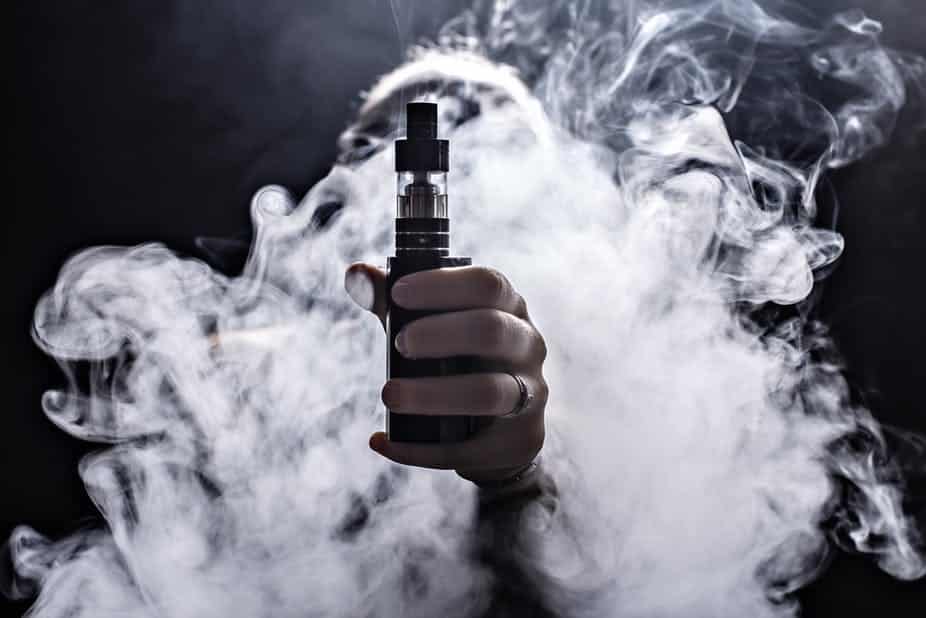As the controversy continues raging around South Africa’s blanket tobacco ban, with British American Tobacco SA’s (BATSA) court challenge postponed to August, it’s time for the government to admit that misinformation – even from scientists themselves – has unfairly biased them towards the safer alternative that is vaping.
It’s so widespread, it even has a name, as Dr Marewa Glover, a New Zealand public health academic specialising in smoking cessation and who has published more than 100 scientific articles in relation to the benefits of e-cigarettes and vaping, will confirm. She told the recent International Global Forum on Nicotine (GFN) that attacks on scientists with opposing views are becoming increasingly common, with the so-called “killing effect” one of the tactics used.
Calling out bias in scientific publications, Glover branded the issue “an active suppression of science”, sounding a warning that scientists are not always free of “the baggage of ideology”.
More specifically, Glover says: “We used to refer to it as ‘the killing effect’ within the tobacco industry as it was one of their tactics. And now tobacco control is doing that to anyone within the sector who disagrees with their particular push. This stops people, out of fear”.
Its misinformation like this that the Vapour Products Association of South Africa (VPASA) believes is driving the tobacco ban in South Africa, which fails to take any account of the substantial differences between cigarette smoking and vaping, for a start. And this is critical, because while smoking delivers nicotine by burning tobacco, which up the odds for smoking-related illnesses, vaping delivers nicotine by heating a liquid in a much less harmful way.
Yet, as medical evidence grows in favour of vaping as a less harmful alternative to smoking cigarettes, the anti-smoking lobby groups, large corporates with conflicts of interest and regulators lean more heavily towards prohibition.
So how is this happening, considering the strict regulations that govern academia?
In her address, Glover told delegates that if science doesn’t always trump ideology, research bias – or “bad science” – can occur. She was clear that scientists aren’t free of the baggage of ideology, with their own unique sets of cultural, religious and political ideologies and beliefs that shape their interests. The formulation of their research questions then shape their choice of research design as well as the theories they use for the theoretical framework that underpins the analysis.
VPASA also concurs with another speaker, senior researcher and lecturer in physics at the National University of Mexico Dr Roberto Sussman, who called this “a very relevant ethical issue”, considering the unintended perverse consequences of research bias on the lives of consumers – real people. Far from being only an academic issue, the truth is that bans such as the current one in South Africa will drive many vapers back to smoking, due to inaccessibility. We’re also failing to take advantage of this unique window of opportunity to impress on the country’s smokers the benefits of harm reduction products like vapes over cigarettes.
“Bad science” is as much of a problem in Africa as it is elsewhere in the world, but as VPASA, we do work hard to counter it with accurate data that will help smokers of combustible tobacco products make informed decisions that will positively impact their health – and the health of the people around them.
It’s also why we try to work as closely as possible with government and regulatory bodies to ensure that our industry is transparent and well regulated – because misinformation is not only dangerous to an entire industry but can have a seriously negative impact on the lives of individual consumers.
Asanda Gcoyi is the Chief Executive Officer of the Vapour Products Association of South Africa (VPASA), which strives to work with government and other stakeholders to develop legal regulations and standards for the vapour product industry, and to ensure consumers have access to information related to vapour products and its effects.

1 Comment
Pingback: Vaping Digest 1st July – vapers.org.uk